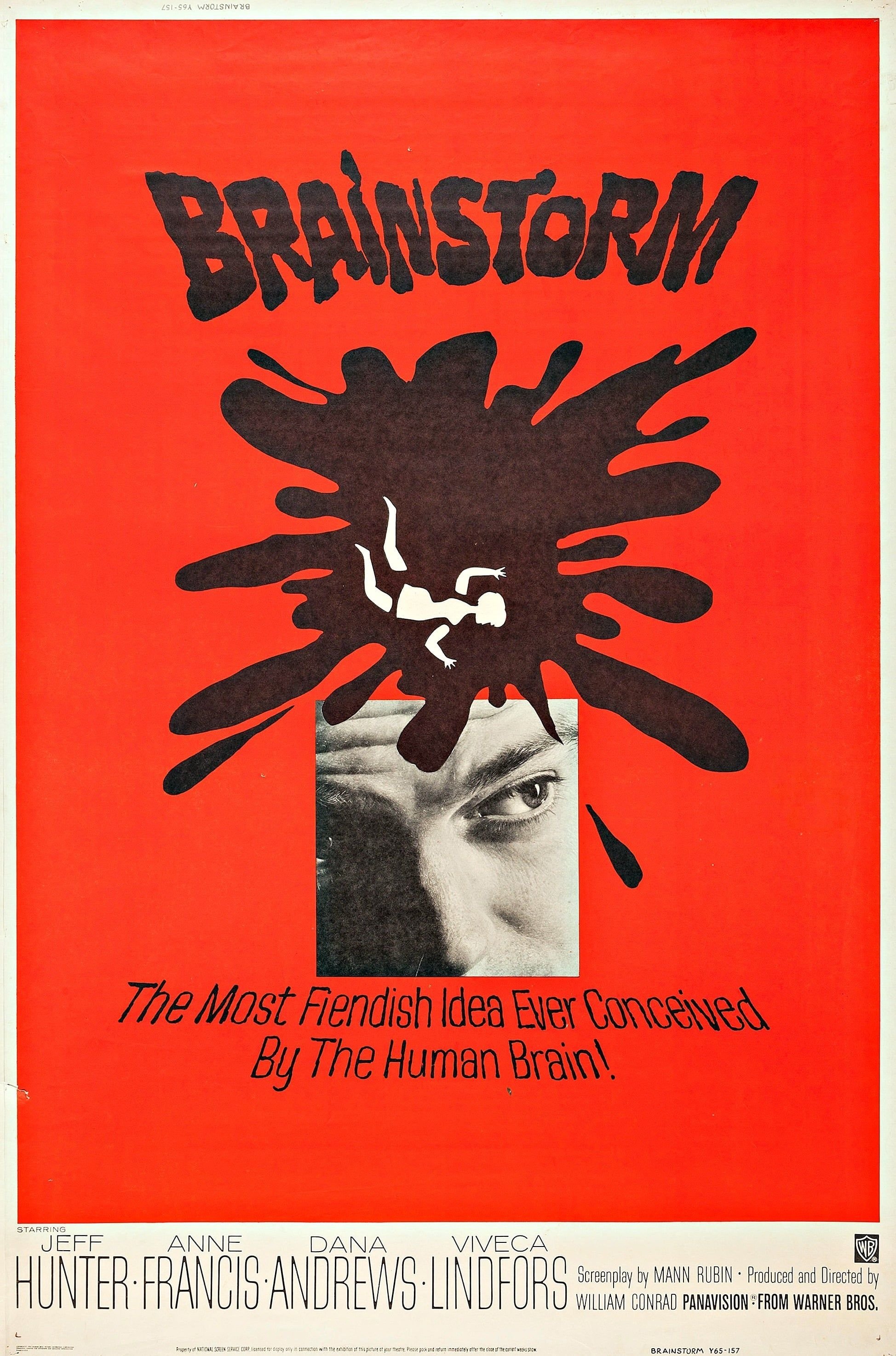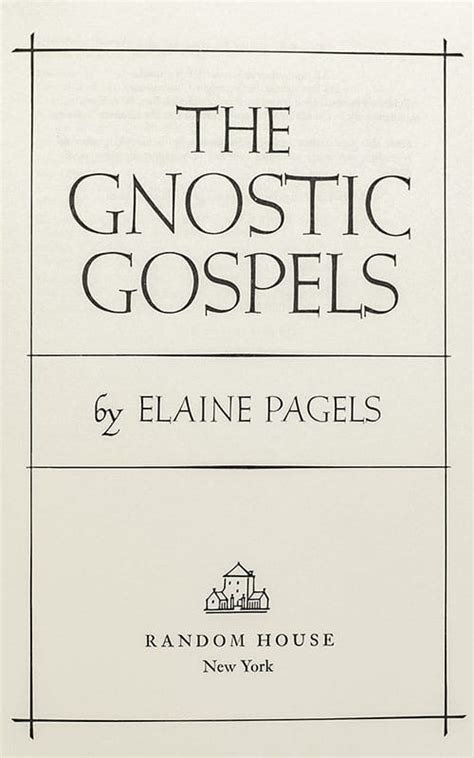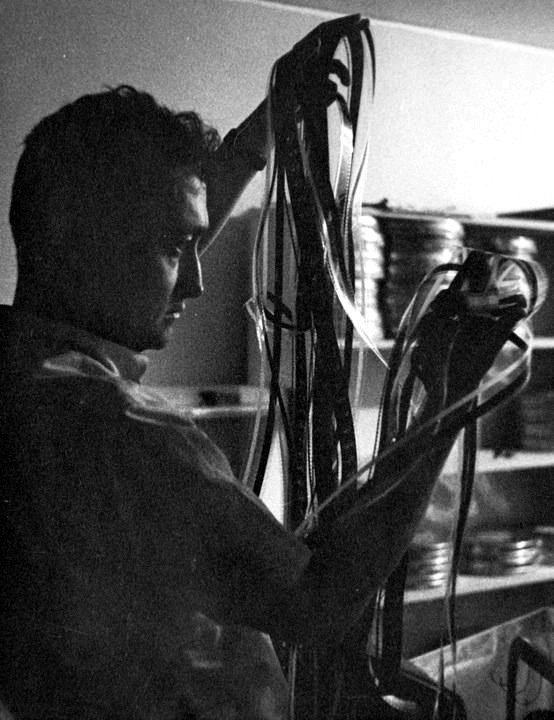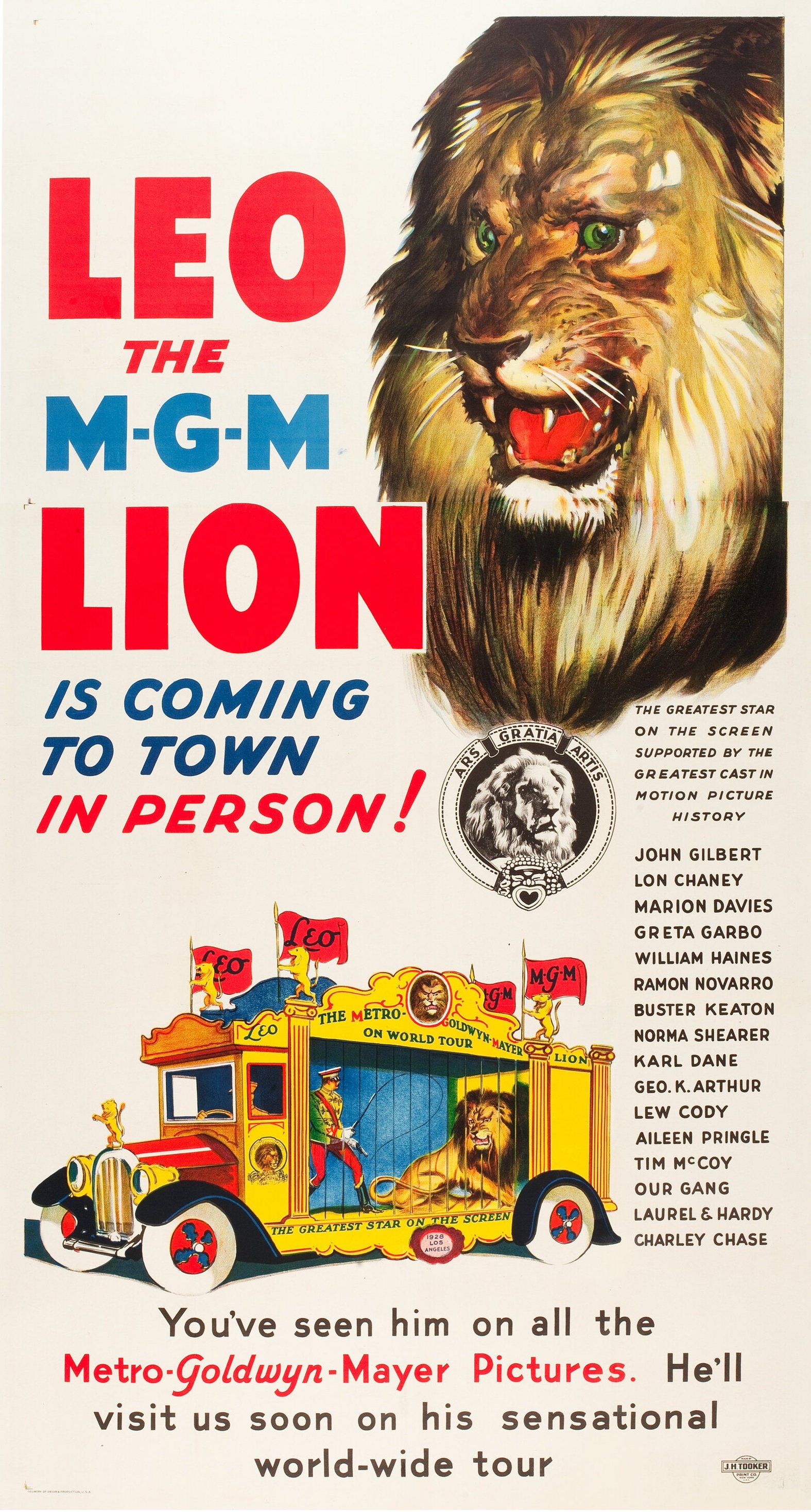
Ballard’s Abandoned Landscapes
If you set reality at noon on an analog clock, most science fiction would range from about 4:30 to 6. Philip K. Dick might ring in at 7:30. J.G. Ballard? 9 pm or your personal bedtime.
I’m talking about early, ‘60s Ballard, simply because that’s what hit me first and still hits me hardest. I recently bought (downloaded to my Kindle – interesting to think where that might fit into the Ballard world) his complete stories, but I’ve stopped dead, for now, at “Terminal Beach,” one of the finest short stories in the English language. So that’s the era I’m going to talk about. I’m an old fart and entitled.
It’s hard to pin down what defines any writer, what sets him apart from any other writer. In Ballard’s case, beyond the bizarre settings and sprung mental framework, I think it’s the unique uniting of personal isolation and claustrophobia with a sense of unbordered physical and internal space.
Many of the stories are set in deserts or uninhabited/disinhabited, windswept nowheres. He seldom introduces more than two or three characters, who often interact like cyborgs hurling dogturds at a target close to each others’ heads. Things happen without explanation and often without resolution.
Several of the stories deal with Vermillion Sands, an artistic community of the future where the world of art has run aesthetically and conceptually amok. Statues move and crawl, poetry drifts on the winds, ideas (and ideals) that were set up to evolve across the landscape peter out like grandpa in his dotage. But if you look at the impetus behind the individual elements, most of them have been realized, in one form or another, in the half century since Ballard wrote these stories.

Dr. Salkini’s Asylum of Horrors
Around the turn of the 20th century, the American public’s desperate, insatiable fascination with spiritualism and the promise of communication with dead family members made it a golden era for self-proclaimed clairvoyants, mystics, mediums, and spiritualists of all stripes. All they had to do was hang a shingle outside their parlor door and the suckers would line up down the street, just waiting to be plucked. Following the death of his mother, Harry Houdini found that even he was not immune to the hysteria. Having both hopes and doubts, he approached the spirit world scientifically, undertaking (along with others like Arthur Conan Doyle) an investigation into the claims of the supposed mystics.
He attended seances where, like all the others sitting around the table, he saw apparitions materialize, objects levitate without any human intervention, and heard otherworldly noises. Being Houdini, however, it didn’t take him long to recognize what he was witnessing were not actual ectoplasmic manifestations from the other side, but a collection of cheap magic tricks, and old ones at that. These were tricks no serious professional magician in his right mind would use anymore for fear of being laughed off the stage. But in a setting like that, with an audience already primed and eager to believe that what they were seeing was real, these tired old gaffes worked like a charm, and the sad rubes were willing to fork over their life savings to see more.
From that point on he made a second career of traveling the country, debunking these spiritual frauds one after another.
Appropriately enough, Houdini died on October 31st, 1926, and in the years that followed the vaudeville that helped spread his fame was beginning to fade with the arrival of talkies and radio. All those thousands of magicians who’d been working the circuit steadily for years suddenly found themselves wondering what the hell to do next. There wasn’t much call for magic on the radio, and the movies were still magic enough in themselves that some dusty old sleight of hand wasn’t going to cut it. they needed to find a new way to ply their trade.

Olive Young’s Great Depression Blues
On October 11, 1929, Olive Young departed Yokohama on board the Asama Maru, returning home to the “Good Old U.S.A.” after a seven-year sojourn in the Far East. One of her fellow passengers, a young traveler by the name of Hall Lippincott, wrote in his journal about meeting her. She’s “a petite Chinese girl… who says she is going to Hollywood to be a film star. I call her Flaming Youth because she is just that — bubbling over with pep, full of the devil, not bad looking but has a rather harsh laugh and voice…”

I Am Boots
I’ve been reading fairy tales of late. I’ve always liked them, and recently I’ve been picking up public-domain stuff that I can get for free on my Kindle. The origins of Mickey Mouse are protected by our greasily amended copyright rules, but not Bluebeard.
One delightful English collection was put together around a hundred years ago, with some rewriting for kids, by Joseph Jacobs. I like this man. Great humor and charming asides. The giants in his collection are mostly Welsh and want to eat Englishmen (considering what the English themselves eat, I’d expect rather unpleasant aftertastes).
The collection that most affected me brings together Norse tales, fore-ballooned by a 70-page introduction which, as near as I could make out from skimming, shows that the tale tellers had turned the gods of Valhalla into giants who wanted to eat Christians – can’t blame them. This bunch resonated, personally.
It’s not that different, in many ways, from Grimm’s. Anyone who was whelped on Grimm’s will recognize the ubiquitous three brothers, who grow even more prominent in the Norse collection.
Generalized plot: The father or king (someone in big, deep authority) sets a seemingly impossible task, such as rescuing a maiden imprisoned in the farthest room of an impregnable castle. The two elder brothers – over-confident, thoughtless or dumb as a rock – blunder out in rollicking stupidity to do the deed and get killed/captured/lost, or just poop out and commiserate at the local pub.
After these misadventures, the youngest son – the wastrel, the ne’er-do-well, the idjit, the classic fool who, in the Norse versions, languishes by the fireplace sticking his feet in the ashes to keep warm; he doesn’t wear socks, which might catch fire – declares offhandedly that he will do likewise, in the face of general derision: “What the fuck, Sven, you’re a diddly ass”; “Well, my feet aren’t smoldering, you try it.”
He succeeds, in part through a fool’s fearlessness, in larger part through doing the foolishly unexpected, in largest part because he just doesn’t give a royal fucking goddam how things are supposed to be done or what will happen to him next. Today, he’d be a an enlightened venture capitalist or Jeff Bezos making the ever-gullible believe nonsense about drones.
In these translations from the Norse (I don’t read Norse – What, you read Norse? Well, good for you), the son’s name is almost invariably given as Boots.
I finished the collection and had an epiphany:
I am Boots.
I’m the youngest of three sons by some 13 years. While my elder brothers earned their bread through honest toil and amassed enough to meet old age with relative equanimity, I’ve blundered my way without a goal, with no clear idea of how one is supposed to exist in the world, without so much ignoring the rules as not allowing them register.
Now, dribbling into old age with my wife (who’s embarrassingly like me), I have accumulated less extended sustenance than a single 85-year-old is supposed to subsist on until the Maker calls (“Hello, Erstvald, you’ve come to me with a nice pile of loot – fork, it over”).
And I just don’t care.
The fairytale parallel is limited, of course. I have not gained half the known world – the standard Norse payment for offing a giant or rescuing a the kingdom from dissolution – or been offered any award beyond a handshake (“Nice job, that, rescuing a kingdom from dissolution, keep it up”). More earthily, my brothers were never over-confident or thoughtless. Rod, my eldest, was a better and more clear-sighted person than I will ever be.
This should really be a paean to my brothers, who saved my butt more times that I will ever know, who showered me with kindness, who protected me throughout all the years of my supposed growth, despite my unwillingness to forge myself into a responsible human being.
If they had a fault, it was in protecting me too well. As I squelched through life, “no direction home,” working part time or less, bumping from one odd job to another, they never said a condemning word.
That’s my foolish, youngest-son luck – to be saved from foolishness by my foolishness.
I am Boots—and still bootless.
by Derek Davis

Edwin Booth
When the New York actors John McCullough and Edwin Forrest heard that John Wilkes Booth had assassinated Lincoln, McCullough said he didn’t believe it.
“Well I do,” Forrest growled. “All those goddamned Booths are crazy.”
Forrest was fiercely envious of the Booth brothers, especially Edwin, who had usurped him as New York’s star Shakespearean. But he wasn’t far off the mark. John Wilkes wasn’t the only unstable one in the family.
It started with his father, Junius Brutus Booth. Born in England of Jewish and Welsh heritage, he was a rising young star on London’s stages, specializing in a florid and highly physical portrayal of Richard III, when he suddenly decamped for America in 1821, leaving behind a wife and bringing a lover, a flower girl from the streets. He made up for his stumpy, bow-legged physique with his giant acting style and an off-stage reputation as a prodigious drinker and satyr. He sired ten children in America, bastards all – he wouldn’t marry their mother until the 1850s – and raised them in an expanded log cabin, which he named Tudor Hall, on a hundred and fifty acres of farmland and woods north of Baltimore. It was a strictly vegetarian household, as Booth forbade the harming of any living creatures on his land. He had black servants but no slaves, though the practice was common in Maryland at the time.
From Tudor Hall he toured up and down the east coast. He was the star Shakespearean actor in America, but gradually the alcoholism and a festering disturbance of the mind made him one of the most unpredictable as well. In the middle of a performance he might break into a bizarre rant or a bawdy song, upbraid the audience, or decide to do the part on tiptoe or in a whisper. Theater managers tore their beards out trying to handle “the Mad Tragedian,” but he packed their houses with audiences drawn as much by his antics as by his acting. To a young Walt Whitman, who saw him many times at the Old Bowery Theatre, “his genius was to me one of the grandest revelations of my life, a lesson of artistic expression. The words fire, energy, abandon, found in him unprecedented meanings.”
Junius Brutus Jr., the firstborn, came along in 1821. Edwin, the seventh, was born in 1833 during a meteor shower, and with a caul. The servants predicted he’d have the second sight, and he would later claim to experience accurate premonitions. Booth Sr. named him for his friend Edwin Forrest, which later proved mordantly ironic. John Wilkes came ninth in 1838. He was his parents’ favorite. His father named him after an eighteenth-century English radical who was charged with sedition for railing against tyrannical kings and princes. It was a legacy John would take all too seriously.

Vegetable Magnetism
Vengeance is a tool for the powerless.
And what better revenge could a 1930s movie-going public muster than the absurdist act of turning stars into nourishment? Take that vision of hate and spittle, Ned Sparks, pulling faces never before seen on the front of a human head. Sparks was the Great Depression’s favorite specialty item: a purple carrot.
Arguably a sweet onion, Frank McHugh had bone-weary audiences drooling in the aisles.
John Litel made a fine rutabaga.

A Plea of Insanity
The development of film noir owed much to the popular fascination with psychoanalysis in postwar America, which fed stories about obsession, anxiety, and captivity to the past. But while 1940s melodramas such as Spellbound, Pursued, and The Locket indulged in glib Freud-for-dummies, one of the most subtle and intelligent treatments of psychoanalytic themes came at the very end of the classic noir cycle. Brainstorm (1965), a film as cunning and ambiguous as its central character, culminates in a complex battle of wits between a murderer and a female psychiatrist assigned to determine whether he is sane. He is trying to pass himself off as crazy, and to do so he keeps insisting that he is not. She seems to know this, and yet plays along—perhaps because she knows that his scheming cleverness is really a very sophisticated form of madness.

Listening to the Heretics
Elaine Pagels’ The Gnostic Gospels (1979, Vintage Books) is the one book you should read to get a clean, approachable, thoughtful overview of the time, the religion and the politics of the Gnostics during their faceoff with the early orthodox church.
It’s paydirt. Pagels was involved in the early stages of codifying and translating the Nag Hammadi texts. Though unearthed (literally) in 1945, they avoided careful study for close to 30 years because of scholarly and antiquarian knee-biting. Pagels is a top-flight academic who knows the Coptic language of the texts and presents her findings and deductions in a balanced, open, engaging way. (She won the National Book Award in 1980 and a MacArthur “genius” grant the following year.)
What did it mean to be a “Gnostic” in the early days of Christianity? It’s an interesting question but a misleading one, because there was no single Gnostic point of view to match that of the rigid, institutional Catholic Church that has come down remarkably unchanged over two millennia. (To further confuse the issue, the Gnostics included many non-Christian groups.)
These twin considerations – the broad, indefinite character of Gnostic belief and the triumph of a single-outlook Church – are Pagels’ primary focuses. She lays out a delightfully informative look at the primary Nag Hammadi texts – at least those that either avowed that their contents were Christian or worked within the then-developing Judeo-Christian system.

Curtis Harrington Eulogized by Barbara Steele
Director Curtis Harrington (1926-2007) lead a fascinating life. Barbara Steele delivered this eulogy at Harrington’s funeral – and The Chiseler thanks her for providing an intimate portrait, published here for the first time. Today would have been Harrington’s ninety-first birthday.
Good evening. Although Curtis was born in Los Angeles, to me he had the grace, mannerisms and soul of a Southern gentleman, right down to his white linen suits, wicked, playful and baroque, a fabulous gossip and fabulously informed. He stood in the center of his own drama, in fact when I think of Curtis I always think of him as an opera. Wasn’t the obituary photograph of Curtis in the L.A. Times where he stood with a stone cherub just perfect, maybe a slightly wicked one with that wonderful ironic smile? The Los Angeles that he inhabited was the city of his childhood – the Orpheum Theater, the Angel’s Flight, the red cars, C.C. Brown’s ice cream parlor, he mourned whenever one of his childhood haunts closed down. He was the last of an era of great raconteurs, like Gavin Lambert, Ivan Moffet, John Schlesinger and others. He had the great gift of friendship, witness everybody here tonight; I met everybody in that marvelous house of his that seemed to have been transported from a Tennessee Williams dream. The fountains, the fish, the flowers, the books, the art deco pieces that he so treasured, Judy Garland’s slippers, the fat fabulous cats that would come and go, the mummified bats in their silver cases in his bedroom and the Poe etchings. The extraordinary array of guests. Where did they all come from?… I met everybody there that I wanted to meet: Marlene Dietrich, Gore Vidal, Russian alchemists, holistic healers from Normandy, witches from Wales, mimes from Paris, directors from everywhere, writers from everywhere and beautiful men from everywhere. I was never quite sure if he was the host or the waiter because he would disappear into the kitchen in his tuxedo for an eternity while we the guests would hear the endless grinding and blending of machines where he was invariably whipping up mountains of whipped cream. I was invited to one party where we were asked to wear formal gowns, it was 100 degrees in August with no air conditioning for a dinner that went on for six hours where we were all photographed for House and Garden. Sweaty guests.
A lover of big cities, the city he loved most was Paris. He lived there in 1953 and quickly learned the language, he was a regular at the Cinémathèque Française where he befriended Henri Langlois. He would make frequent pilgrimages to the Père Lachaise Cemetery and as a matter of principle he would go and see every French film in Los Angeles. but above all Curtis had the remarkable gift for friendship. In some ways he could be a snob, but it was never based on money, title, social rank or privilege, it was a snobbery of the heart and of the mind. He responded to talent, to beauty, to charm and to intellect, he was forgiving of human foible and social flight but once Curtis had decided that he liked you, he admitted you into his charmed circle, once you were inside it, you would never be banished, it was such a delightful place to be, you wouldn’t want to escape… and you loved him with all your heart.
by Barbara Steele

TIEF OBEN: A True Halloween Story
I was filming in Austria on Halloween night in the ancient mining town of Eisenstadt, the film TIEF OBEN. We had great steaming wooden vats of hot red wine for everybody to keep them going. It was arctic weather, snowing fiercely when the director suddenly asked all the extras to be naked other than their boots and the little mining lamps on their heads. Naturally they refused. At which point the director tore off his own clothes in a rage as a challenge…and was the lone white freezing body in the dark night.
In the middle of this frenzied rebellion, I decided to walk home alone. The local villagers had made little paper boats that they sent down the river set alight, a ritual of remembrance for their dead relatives…
Suddenly a dozen motorbikes came roaring by with everyone on them dressed as skeletons. They got off their bikes and started to dance around me in a circle holding hands – then they mounted their motorized steeds and took off into the night making unearthly shrieks and whistles….

Warner Writers Back
Erwin Kelsey rejoined the Warner writing staff yesterday, starting on new term contract with the company. His first assignment will be “Silver Dollar.” Houston Branch is also back at Warners, and Wilson Mizner is slated to go back today.
The Hollywood Reporter: Friday, July 8, 1932

Ars Gratia Artis
Film, as they say, is an industry; and like all industries, it feels that it must side with Israel's genocide in Gaza. Has any hub of this larger Industrial Majesty — whether Cineaste, Criterion, MUBI or Sight & Sound — called for a ceasefire? They each responded to middle-class progressivism by reshuffling their respective canons for Inclusivity's sake, without disturbing the bottom line of billionaires, but internalizing the Holocaust’s ethical lessons — well, that would be expecting too much from movie fetishists weeping over Night and Fog. Naturally, they remain dry-eyed and decorous as the Holy Land starves the children of Palestine.
Cinephiles may as well be the IDF bullets fired at UNICEF.
Their institutions have reduced Palestinians to nothing.
by Daniel Riccuito

